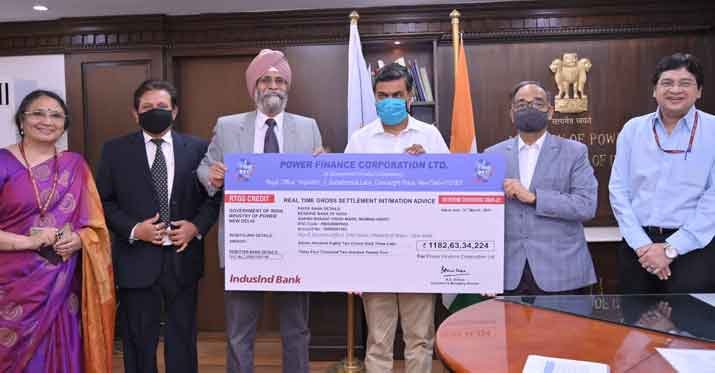One Rank One Pension has been the demand of Indian armed forces and ex-servicemen for almost a decade now. But let us first understand what exactly OROP is. OROP is a scheme that calls for same pension for those having same rank and same service duration, regardless of the date of retirement. But as it is said that everything comes at a price; it has been the same for pensioners of the armed forces who underwent a great amount of struggle. It was an exhaustive journey of aggressive and endless protests until the demand was fulfilled fairly.
The Indian defense servicemen commenced the protest from 2008 after decades of failed attempts of negotiations with the governments which refused to address the plight of people from armed forces The protest kept on going through the years; hunger strikes, effigy burning and such other agitations escalated with time. Finally, the massive protests in the latter half of 2015 proved to be the last nail in the coffin and the government acceded to the demands of the erstwhile protectors of our frontiers. Ever since the ex-service men were waiting with baited breaths. Finance Minister Arun jaitley announced that, “During the financial year 2016-17, central government has to make provision for about Rs 1.10 lakh crore to meet the liabilities on account of the 7th Pay Commission and OROP”.
People who have served the nation with their lives at stake should be provided with better livelihood in return to their services. But with the increase in inflation through years the veterans and their dependants were not getting the due benefits from government that should have been given taking into consideration the current inflation level. The approval of the OROP has come as a relief for the armed forces, veterans and widows.
There’s a direct relationship between housing demands and the purchasing power of an individual. With the anticipation of pay hikes as per the 7th pay commissions’ suggestion the market is rife with speculations. Increment in salary/pension of a person is followed by the purchasing of goods and services and as there are around 2 crore government employees who would be directly getting the benefits of this proposed pay hike, this is surely going to leave their families with bulged pocket. This scheme is also expected to be a boon for the real estate sector. With the hike in salary and disbursement of arrears, there are strong chances that people would invest the additional money in property and housing sector.
This news is thus significant from the real estate sector’s perspective, as it will open the market for the investors who would try to provide the housing demand with myriad housing options to attract buyers. “The 7th Pay Commission and OROP payouts will bring a higher disposable income in hands of users and the Real Estate can expect some investments. However, the industry should keep in view that major investments in housing sector may occur in Tier II & III cities as a very large majority of beneficiaries reside there. In Tier I cities also, affordable sector is likely to see comparatively more investments.”Highlighted Ajay Khetarpal, CMD, Sunhill Homes Pvt. Ltd.
It should be noted that the growth in real estate sector is going to be steady as there are 26 lakh ex-servicemen and 6 lakh widows, who will enjoy the benefits of the scheme. Therefore, there is a combined total of 32 lakh, of whom about 86 percent are widows, NCOs, JCOs, and other ranks and 14 percent are officers. Out of the estimated outlay on OROP of Rs. 8400 crore, about Rs. 6200 crore will be on account of widows, NCOs, JCOs, and other ranks, and about Rs. 2200 crore for officers. Looking at the numbers we can think of the level of demands that are going to be generated from people who are 32 lakh in number.
Rajesh K Gouri, vice president, Homestead said “Implementation of OROP policy will bring surplus income to the larger section of society. This surplus money will strengthen the buying power of the veterans and is likely to be invested in different sectors. Real estate has always remained priority investment for us Indians, so it is likely to attract major chunk of this disposable income”.
So, this leads to hopes for great growth in real estate sector, as after its downfall in 2008 this sector faced a severe need of a breather.

















